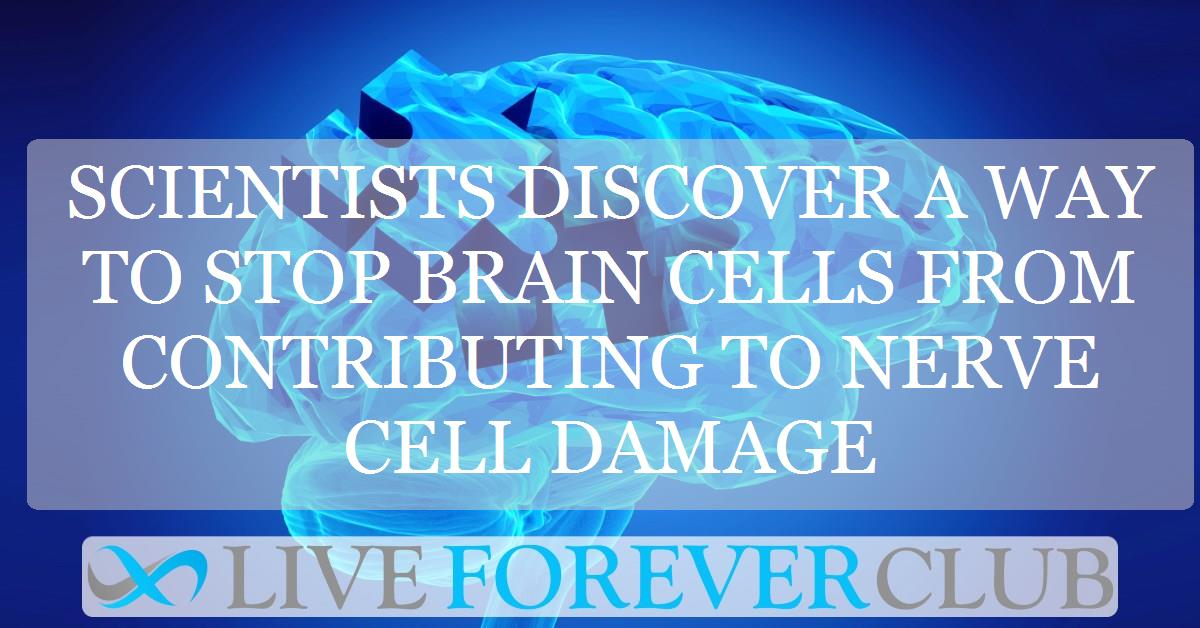Key points from article :
Scientists at Case Western Reserve University School of Medicine have discovered a promising new way to potentially fight diseases like Alzheimer's, Parkinson's, and multiple sclerosis.
These diseases damage and destroy nerve cells in the brain, but the researchers focused on brain cells called astrocytes, which can turn harmful and contribute to the damage.
The team developed a way to test thousands of medications to see if any could stop astrocytes from becoming dangerous.
They found that blocking a protein called HDAC3 prevented harmful astrocytes from forming in laboratory models.
In these models, medications that target HDAC3 dramatically helped nerve cells survive.
While more research is needed, this discovery opens a new door for future treatments that could protect nerve cells by targeting rogue astrocytes – a different approach to battling neurodegenerative diseases.





